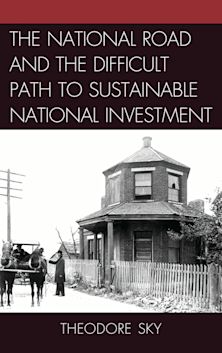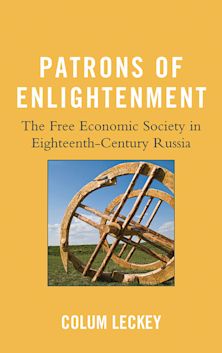- Home
- ACADEMIC
- Economics
- Macroeconomics
- Time Well Spent
You must sign in to add this item to your wishlist. Please sign in or create an account
Description
Measuring quality of life has been identified as fundamental in assessing the relative progress of societies and as having relevance for both monitoring and policy-making purposes. Self-reported measures of well-being, referred to as subjective well-being, have become increasingly topical given the growing awareness of the limitations of existing measures of well-being including gross domestic product (GDP). In the UK, the ONS’s ‘Happiness Index’ was launched in 2010 by Prime Minister David Cameron.
This book aims to improve our understanding of well-being through an analysis of time-use in a post-industrial society, the UK, drawing on empirical data from large-scale surveys such as Understanding Society and smaller-scale case study evidence. It uses a plurality of theoretical perspectives to explore the relationship between our use of time and our reported levels of satisfaction, and considers the policy lessons that we can take from our organization of time.
Table of Contents
Product details
| Published | 02 May 2017 |
|---|---|
| Format | Ebook (Epub & Mobi) |
| Edition | 1st |
| Extent | 272 |
| ISBN | 9781783484270 |
| Imprint | Rowman & Littlefield |
| Illustrations | 16 Charts, 18 Tables |
| Publisher | Bloomsbury Publishing |
About the contributors
Reviews
-
Combining both new empirical evidence and a mix of different theories, this book offers a unique insight into the relationship between subjective well-being and time use. The book contributes positively to an important debate on how we might lead better and more fulfilled lives inside and outside work. Reading it is time well-spent.
David Spencer, Professor of Economics and Political Economy, Centre for Employment Relations Innovation and Change, University of Leeds
-
This is an intelligent book dedicated to one of the most important and scarcest resources in a modern human’s life: time. It provides an excellent account of different authoritative theories on time-use, as well as offers new evidence on how different allocations of time can impact our overall sense of well-being. A good companion for well-being researchers everywhere.
Nick Powdthavee, Professor, Warwick Business School, University of Warwick
-
This book is an excellent addition to the growing social science literature on well-being. The perspective of time-use and its relation to subjective well-being provides a range of insights, and the findings presented and discussed are thought-provoking and noteworthy. I was particularly pleased to see the strong presence of themes relating to politics, policy and gender, and will be making extensive use of this book in the course I teach on politics and well-being.
David Walker, Politics Undergraduate Degree Director, Newcastle University
-
(This book) explores the relationship between how time is used and well-being, using empirical measures of self-assessed well-being, and evaluates the impact of the organization of time on subjective well-being.
Journal of Economic Literature


































